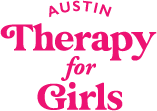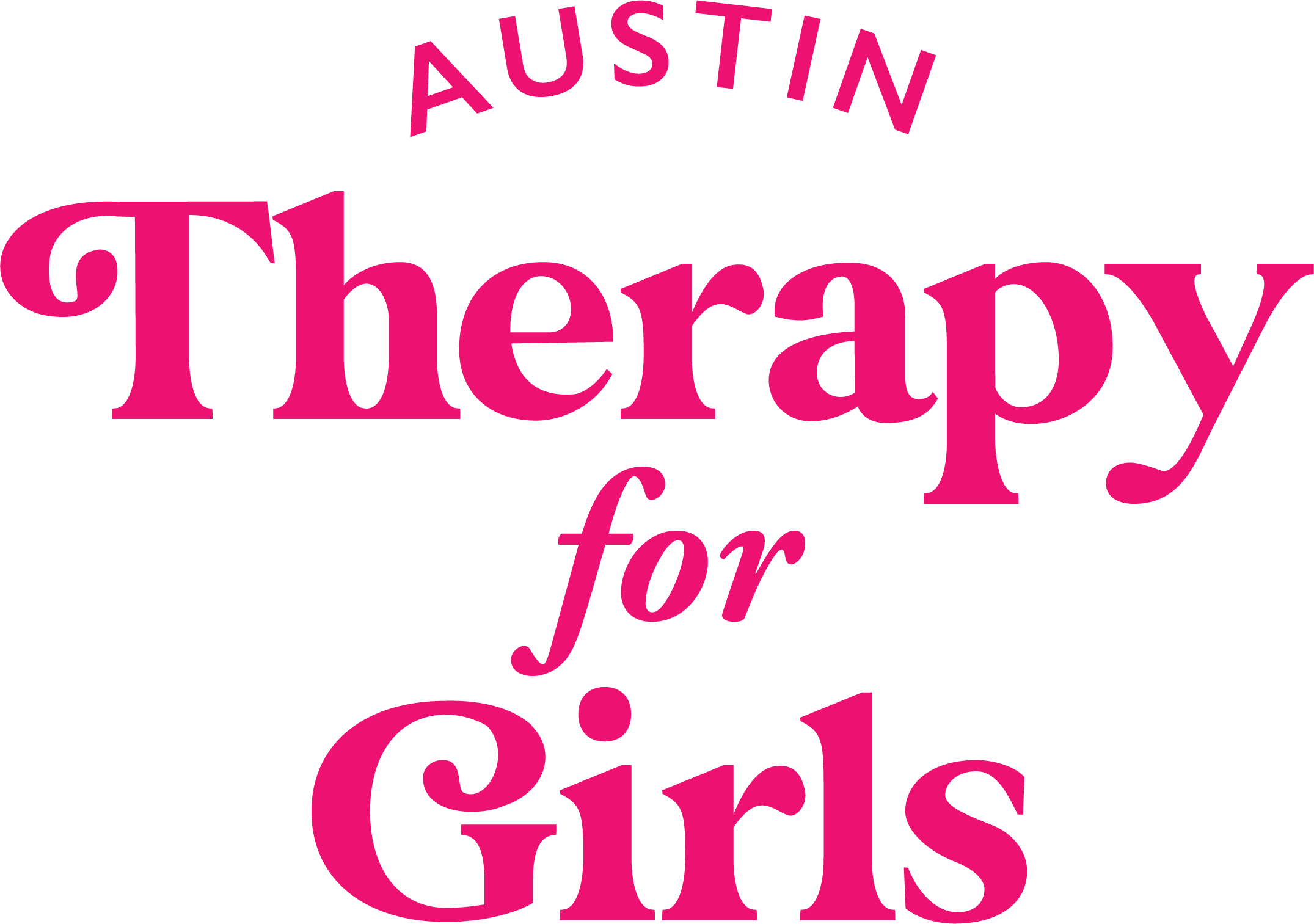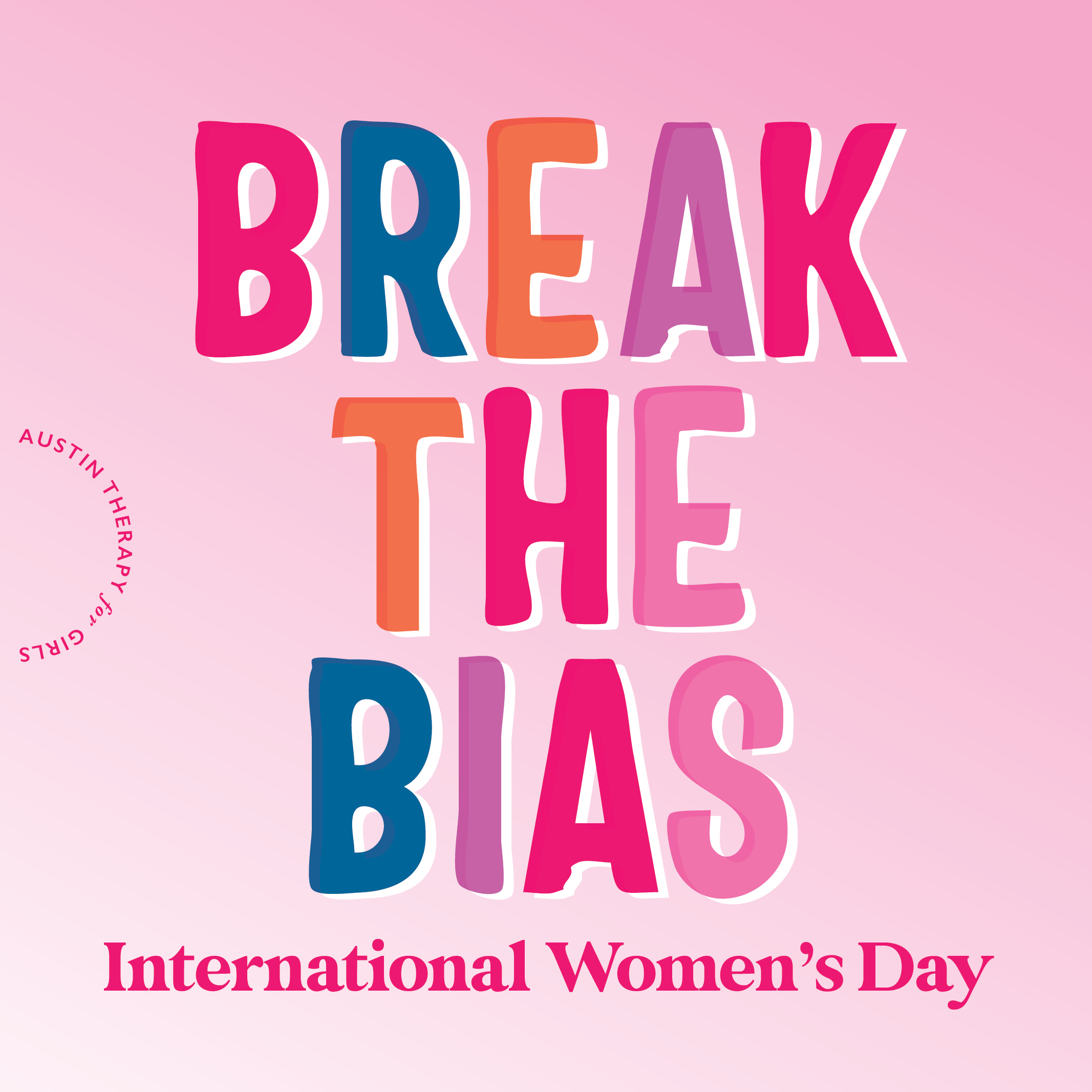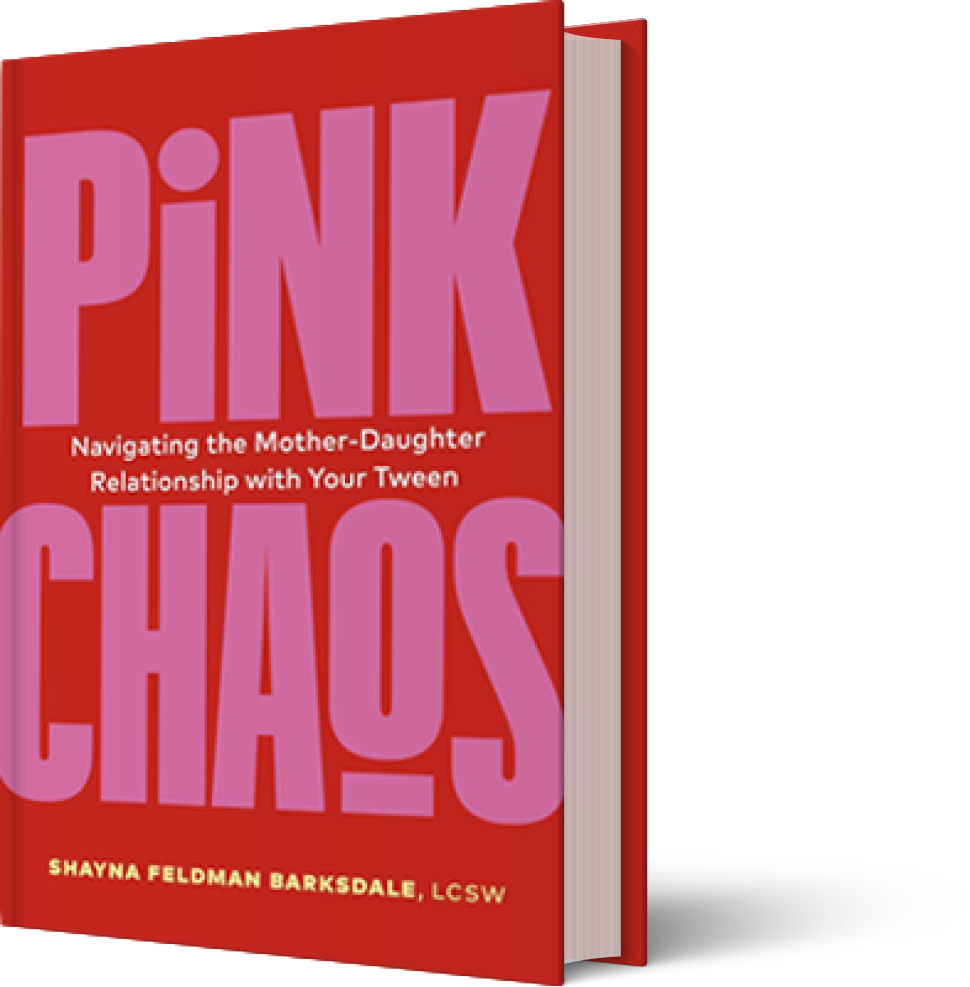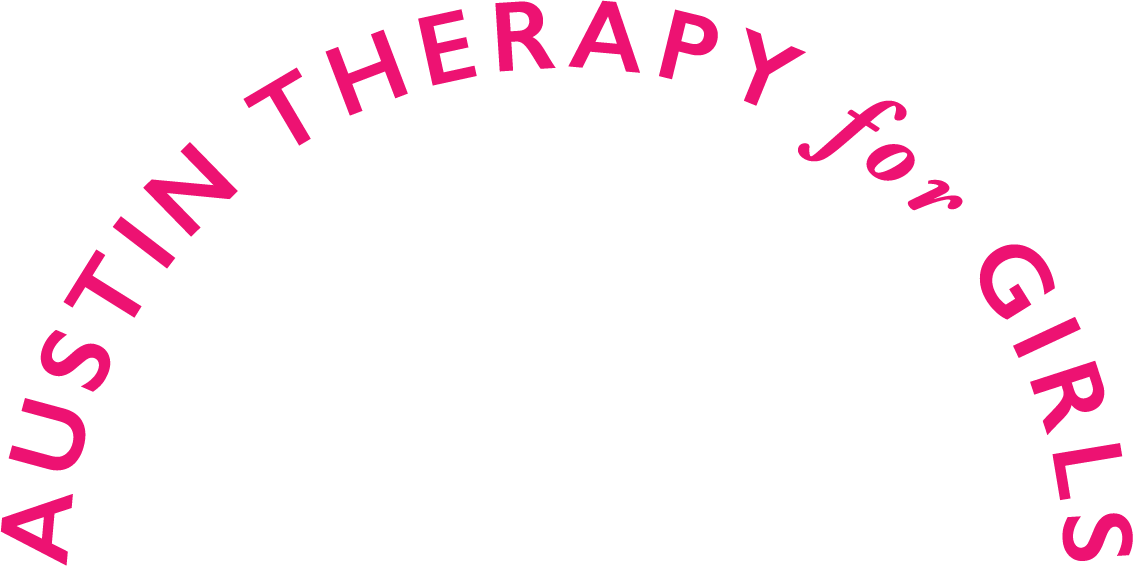4 Ways to Break the Bias for Girls and Teens
This month I felt it was time for some intergenerational wisdom, so I invited my mom, Kappie Bliss to write the blog for March since the focus is on International Women’s Day. She has witnessed extraordinary changes in her life and has been an advocate for girls and women throughout her career as a school counselor, therapist, trainer, program developer and parent coach. I’m excited to share her insights with you.
– Shayna Barksdale, Founder, Austin Therapy for Girls
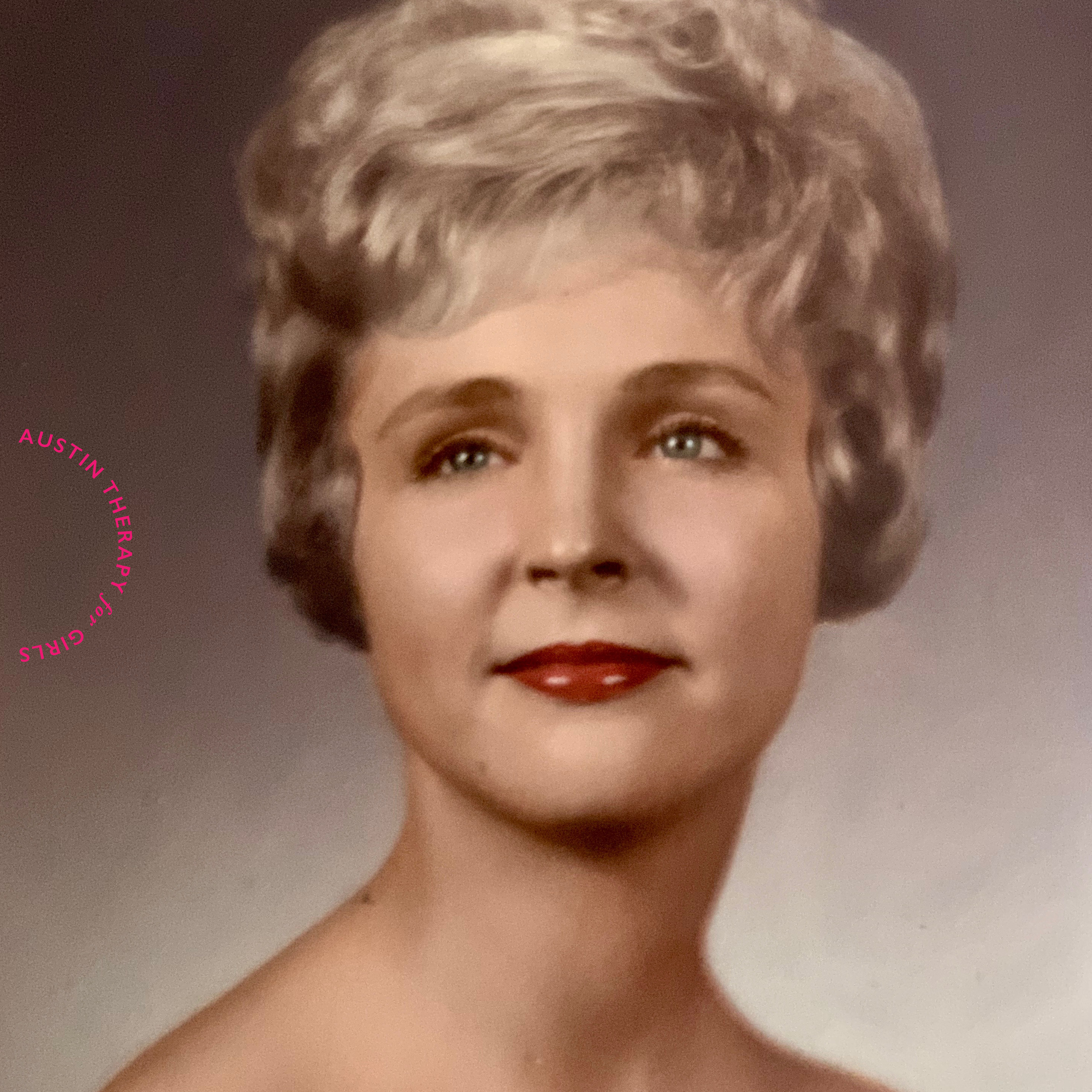
March 8 is International Women’s Day with the theme for 2022 “Break the Bias”. The 8th of March is also an important day to me because I will begin my 81st trip around the sun. As I reflect on all the changes that have happened in the world since 1941, I am thinking about the issues for women and how things have changed for us. I feel there have been great strides in some areas but there is still a lot of work to be done.
I grew up with a mother who was very different from most of the women in her generation and a wonderful role model for the future of women in society. She earned a master’s degree in 1942 when only about 3.8% of women were even going to college. She worked as a teacher for 45 years, held leadership roles in professional organizations, in her church and regional government. In 1947 she and three teacher friends drove to a professional teacher’s conference from our home in East Texas to New York City. This was at a time when most women didn’t even know how to drive let alone go on a trip without their husband. With such a strong role model you would think I would be shielded from the messages that society had for women growing up in the 1950’s and 1960’s but that was not the case. The message from the culture at that time was that the women’s place was in the home raising children, doing what their husband told them to do without asking questions and taking care of their households so their husbands could work and make a living to support the family. Although my mother had a great influence on me, she was just one person and could not counter the messages I was being bombarded with by society including what was being shown on TV, which, at the time, was very new. I was just doing what society said was normal and acceptable.
 The question that comes to mind for me, is how much has really changed for young girls and women? What messages is society giving them and what can we do to help them grow up healthy, both mentally and physically, with the self-assurance to find a balance between achievement and self-care?
The question that comes to mind for me, is how much has really changed for young girls and women? What messages is society giving them and what can we do to help them grow up healthy, both mentally and physically, with the self-assurance to find a balance between achievement and self-care?
There are several areas where we have seen great strides in supporting women. More women are being elected to public office at the local, state and national level and are serving in leadership roles. In 2020 more women are attending college than men and earning more masters and doctorates than men. With the rise of #metoo, the issues of sexual harassment and abuse in the workplace are being acknowledged and reported more often. There are more female doctors, lawyers, women-owned businesses, scientists and computer programmer’s than ever before. Body positivity, representation, and inclusivity has become mainstream and brands are being held accountable to these issues.
Even though great strides have been made in some areas there are still huge gaps of glaring inequality between men and women, especially women of color in the workplace. In 2020 only 41 female executives out of 500 are CEO’s or CTOs of Fortune 500 companies and only 4.6% of women of color hold seats on the boards of Fortune 500 companies. Men hold 77% of those board seats. Women want seats at every table where decisions are being made.
Women are also underpaid when compared to men doing the exact same job. March 15, 2022 is National Equal Pay Day which was created to show how much longer a woman would have to work to earn the same amount of money as a man doing the same job in 2021. The examples of how women are underpaid, underrepresented and discriminated against in the workplace are endless.
This all sounds very depressing but together we can make a change to counter some of the negative message’s teens and young women receive about being female.
Here are a few ideas to try:
-
Deemphasize looks.
From social media filters to magazine covers, the messages girls and young women receive is that they are valued only by their looks and not who they are. Emphasize what is great about your daughter that has nothing to do with their looks such as sense of humor, good study habits or kindness. Do this every day, several times.
-
Give them permission to say no.
Girls and young women are often afraid to say no because they want everyone to like them or not be angry with them. Help them learn how to feel comfortable saying no when they feel they are expected to say yes. For example, saying no to an extracurricular activity, signing up for a certain class, or going out when they really need some quiet time at home. Allow your daughter to say no to giving hugs to family members if they don’t feel like it! When a girl has practiced saying no at home, she will have less difficulty saying no in other more high-stakes situations.
-
Deconstruct messages.
Help your daughter deconstruct what messages they are hearing about being female from the media. Talk with your daughter about what messages they are receiving from TV shows, movies, commercials and social media. Provide them with truthful information about what being female means and counter any false information they are receiving,
-
Watch your own self-talk.
Pay attention to the language you use when talking about yourself. For example, when you make a mistake, don’t say “I’m so stupid for doing that!” You made a mistake, but you are not stupid. Pay attention to how you talk about your own body or perceived flaws. Your daughter is listening and watching you. You are their role model and guide for being female.
Supporting girls and young women in the community is as important as supporting them in the home. What can you do today? Reach out and mentor a girl or young woman in your workplace. Offer to mentor a young woman who is entering the workforce for the first time or re-entering after not working for a while. There are many opportunities for mentoring through community organizations like Big Brothers, Big Sisters, GEN or Built by Girls. Some mentoring can even be done via zoom. Commit to finding an organization whose mission speaks to you and give them a call. Changing the world for women begins with you.


